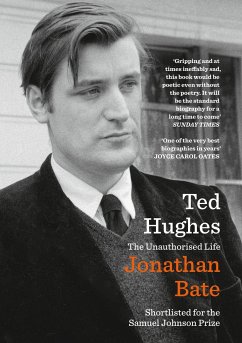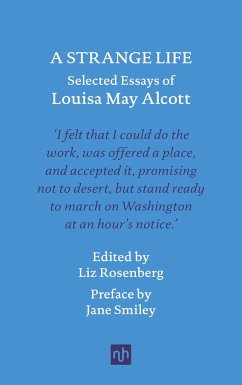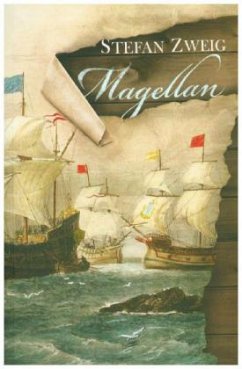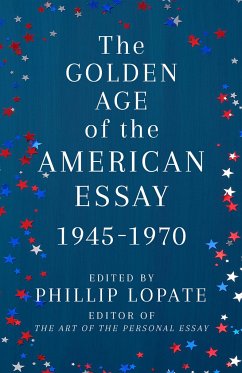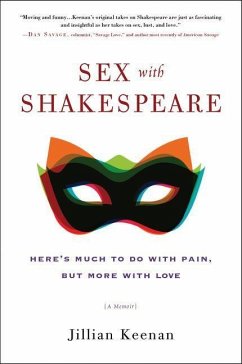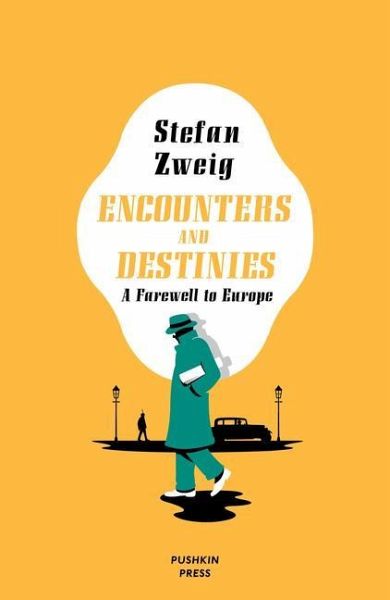
Encounters and Destinies
A Farewell to Europe
Übersetzer: Stone, Will

PAYBACK Punkte
9 °P sammeln!
A new collection of essays by Stefan Zweig: tributes to the great artists and thinkers of the Europe of his day Stefan Zweig was one of the twentieth century's greatest authors and a tireless champion of freedom, tolerance and friendship across borders. Encounters and Destinies collects his most impassioned and moving tributes to his many illustrious friends and peers: literary, philosophical and artistic luminaries from across the Old Europe that Zweig loved so much, and which he grieved to see so cruelly destroyed by two world wars. Including pieces on Rainer Maria Rilke, Marcel Proust, Sigm...
A new collection of essays by Stefan Zweig: tributes to the great artists and thinkers of the Europe of his day Stefan Zweig was one of the twentieth century's greatest authors and a tireless champion of freedom, tolerance and friendship across borders. Encounters and Destinies collects his most impassioned and moving tributes to his many illustrious friends and peers: literary, philosophical and artistic luminaries from across the Old Europe that Zweig loved so much, and which he grieved to see so cruelly destroyed by two world wars. Including pieces on Rainer Maria Rilke, Marcel Proust, Sigmund Freud, Maxim Gorky and Arturo Toscanini, this essential collection is also Zweig's tribute to the ideal of friendship: an ideal he clung to as the world he knew was torn apart.
Dieser Artikel kann nur an eine deutsche Lieferadresse ausgeliefert werden.




